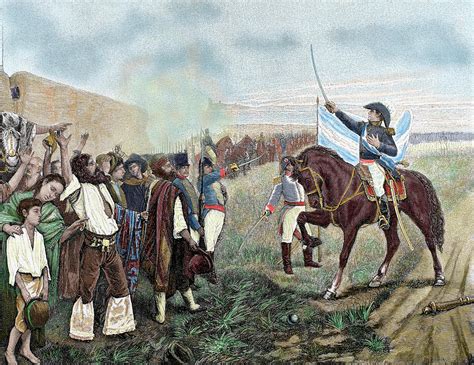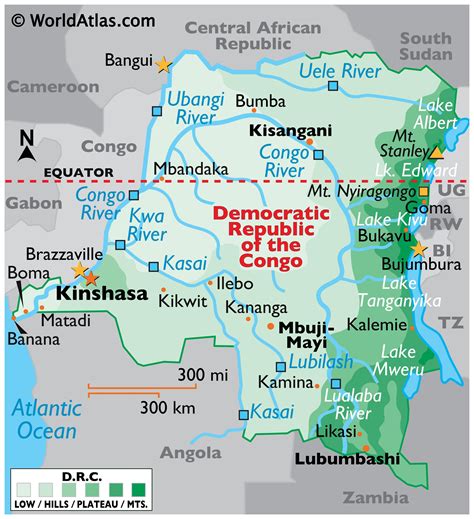Discover the origins and early rulers of Hanover, its role in the Napoleonic Wars, and the formation of modern Hanover under the Windsor dynasty.
Origins of Hanover
Contents
Hanover is a city with a rich and diverse history, rooted in the early medieval period when it was a small village known as Honovere. The name Hanover is believed to have derived from the word hoh which means high and ufer which means shore, referencing the city’s location on high ground alongside the river Leine. The area around Hanover was inhabited by Germanic tribes and later came under the control of the Kingdom of Hanover in the 19th century.
The city’s origins can be traced back to the 12th century when it served as a marketplace for the surrounding region. Over time, it grew in importance as a trade and commerce center, attracting merchants and craftsmen from across the region. By the 14th century, Hanover had become a significant urban center, with a thriving economy and a growing population. It was during this period that the city began to take shape as a political and cultural hub in the region.
During the reformation, Hanover became a stronghold of the Protestant faith, and its rulers played a crucial role in the religious and political developments of the time. The city’s strategic location and growing influence made it an important player in the political landscape of northern Germany. This laid the groundwork for the emergence of Hanover as a prominent and influential city in the region.
Throughout its history, Hanover has been shaped by the influence of various rulers and dynasties, each leaving their mark on the city’s development. From its early days as a small village to its emergence as a vibrant and prosperous city, Hanover’s origins are deeply rooted in the complex historical forces that have shaped the region over the centuries.
Early Hanoverian rulers
Early Hanoverian rulers
The Early Hanoverian rulers refer to the first few monarchs of the House of Hanover, a German royal dynasty that ruled Great Britain and Ireland from 1714 to 1901. The first Hanoverian ruler was George I, who became King of Great Britain and Ireland in 1714, following the death of Queen Anne. George I was succeeded by his son, George II, and then by his grandson, George III, who is perhaps the most well-known of the early Hanoverian rulers.
During the reigns of these early Hanoverian rulers, Great Britain saw significant political and social changes, including the development of the modern parliamentary system and the expansion of the British Empire. The Hanoverian monarchs also played key roles in European politics, including the various conflicts and alliances that shaped the continent during the 18th and early 19th centuries.
One key aspect of the early Hanoverian rulers’ reigns was the growing importance of the role of Prime Minister in the British government. Under George I, Sir Robert Walpole became the first official Prime Minister of Great Britain, marking a significant shift in the balance of power within the government.
The early Hanoverian rulers also set the stage for the cultural and intellectual developments of the Enlightenment, which had a profound impact on British society and beyond. During this time, the arts, sciences, and philosophy flourished, and the Hanoverian monarchs were patrons of many of the leading figures of the Enlightenment.
Windsor dynasty and Hanover
The Windsor dynasty and its connection to Hanover has a long and complex history. The Windsor dynasty, also known as the House of Hanover, originated from the German state of Hanover and played a significant role in shaping the political landscape of both Hanover and England. The dynasty’s influence over Hanover began when George I, Elector of Hanover, ascended to the British throne in 1714, creating a union between the two regions. This connection would persist for several generations, leading to a blending of cultures and traditions between Hanover and England.
During this time, Hanover experienced a period of modernization and development, thanks in part to the influence of the Windsor dynasty. The rulers of Hanover, who also held the title of King or Queen of England, implemented various reforms and advancements in fields such as education, infrastructure, and governance. This era marked a significant transformation for Hanover, as it became increasingly intertwined with the political and social developments in England.
The union between Hanover and the Windsor dynasty faced challenges and conflicts, particularly during times of political instability and war. The Napoleonic Wars, in particular, had a profound impact on Hanover’s relationship with the Windsor dynasty. As Napoleon’s forces advanced across Europe, Hanover found itself caught in the crossfire, leading to significant upheaval and disruption within the region. The Windsor dynasty’s connection to Hanover would be tested during this tumultuous period, as the two regions navigated the complex geopolitical landscape of early 19th-century Europe.
Despite the challenges and conflicts, the Windsor dynasty’s influence over Hanover endured, shaping the region’s identity and trajectory in the years to come. The dynasty’s impact on Hanover’s history and development remains evident in the cultural, architectural, and institutional legacies that endure to this day. The union between the Windsor dynasty and Hanover represents a fascinating chapter in the history of both regions, reflecting the complexities of international alliances and the enduring connections forged by royal families.
Hanover’s role in the Napoleonic Wars
Hanover’s role in the Napoleonic Wars was significant as it was directly affected by the conflict between France and the rest of Europe. The Kingdom of Hanover, ruled by the British monarch, found itself in a precarious position as Napoleon’s forces swept across Europe. This led to the Kingdom of Hanover becoming a battleground for numerous clashes between the French and the Allied forces.
During the early stages of the Napoleonic Wars, Hanover was occupied by French forces and became part of Napoleon’s grand plan for domination. The occupation of Hanover was a strategic move by Napoleon to weaken the British economically and gain control of important ports and trade routes. The French presence in Hanover also posed a threat to the British royal family, who had strong ties to the region.
However, Hanover’s role in the Napoleonic Wars took a turn when the Allied forces, led by the Duke of Wellington, launched a series of campaigns to oust the French from the region. The Battle of Waterloo, in particular, saw Hanoverian troops playing a crucial role in the defeat of Napoleon’s forces, ultimately leading to his downfall.
The aftermath of the Napoleonic Wars saw Hanover’s territories being greatly affected, with the region losing some of its land to Prussia. This loss of territory had lasting consequences for the Kingdom of Hanover, shaping its future political landscape.
Formation of modern Hanover
The formation of modern Hanover can be traced back to the Congress of Vienna in 1815, which reorganized Europe after the Napoleonic Wars. Hanover was one of the states that made up the German Confederation, which was a loose association of 39 German states, headed by Austria and Prussia. The goal was to establish a balance of power and prevent the rise of another hegemonic power like Napoleon’s France.
Following the Congress of Vienna, Hanover experienced a period of political and social upheaval as it transitioned from an absolute monarchy to a constitutional monarchy. This period of change was marked by the passing of the Hanoverian Constitution in 1819, which granted certain civil liberties to the citizens of Hanover and established a bicameral parliament.
Despite these reforms, tensions between the monarchy and the growing liberal movement continued to simmer. The German revolutions of 1848 further intensified these tensions, leading to widespread unrest and demands for greater political representation. The revolution ultimately failed, but it set the stage for further political reform in Hanover.
In 1866, Hanover was annexed by Prussia following the Austro-Prussian War, marking the end of the Hanoverian monarchy. This event, along with the subsequent formation of the German Empire in 1871, signaled the end of Hanover as an independent state and its incorporation into a unified German nation.













